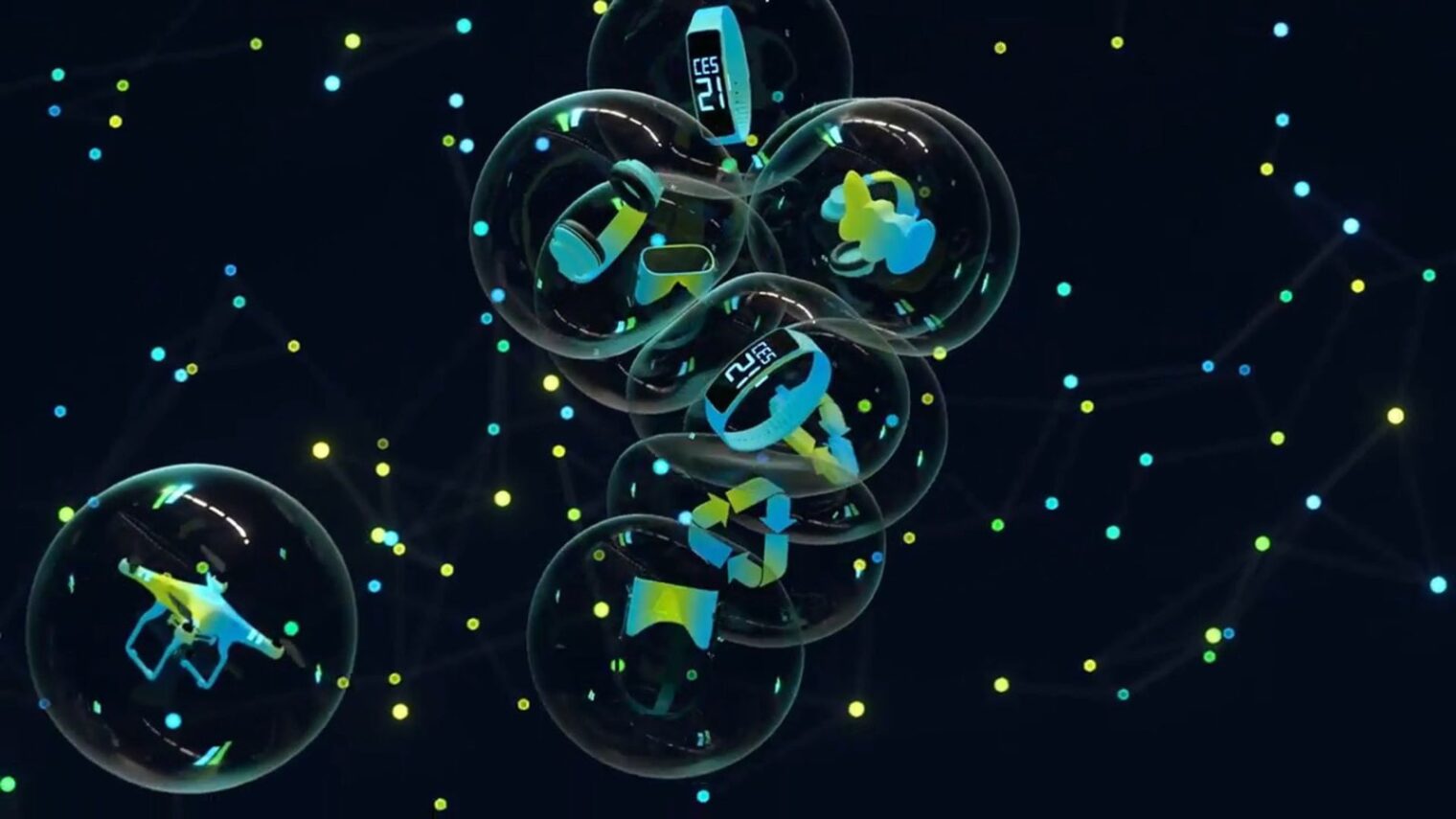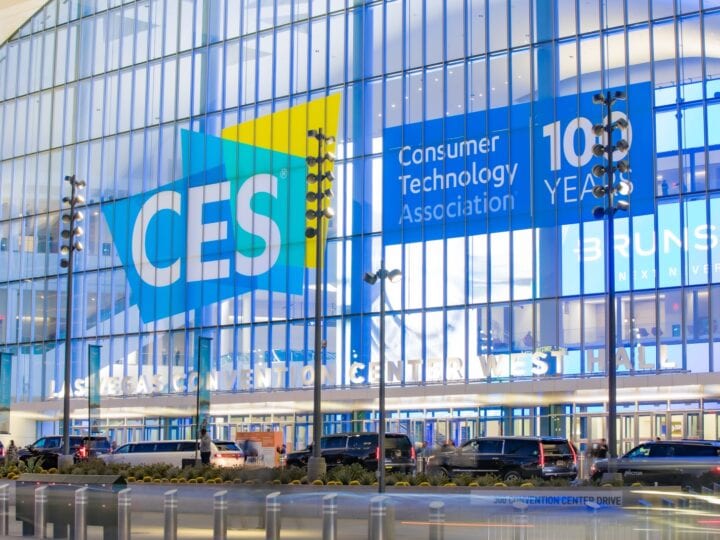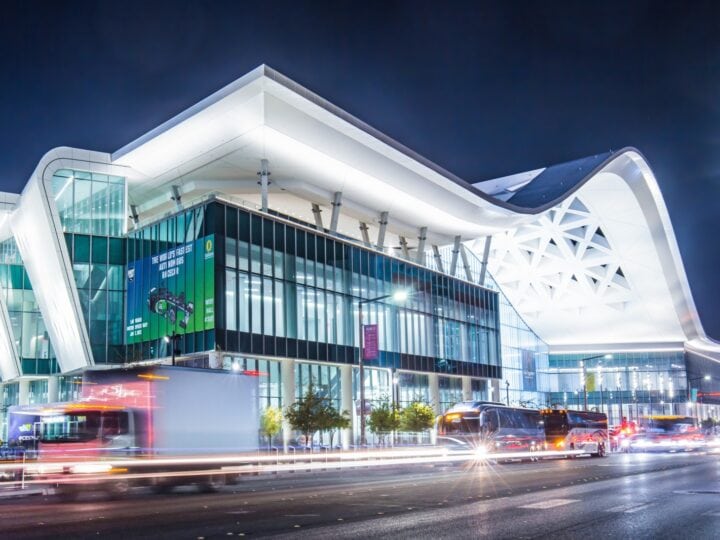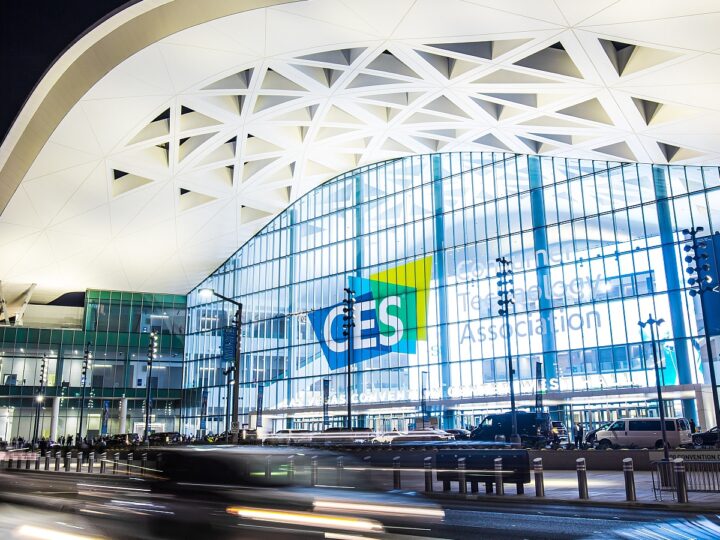CES, the annual Consumer Electronics Show in Las Vegas, like so many other mainstays in our pandemic world, went virtual this year. The all-digital conference ran from January 11-14.
About two dozen Israeli companies were scattered around virtual CES this year. An additional 19 startups were featured in the Israel Export Institute’s Israeli Pavilion, a quarter of them from Israel’s booming mobility sector.
“We know it’s not the same as going to Vegas in person, but we still have amazing Israeli innovation,” says Noa Avrahami, director of digital media technologies, smart mobility and lifestyle for the Israel Export Institute.
Below we have highlighted nine of these startups as well as four Israeli companies that won CES awards this year – OrCam, Voiceitt, Vayyar Imaging and Tactile Mobility.
Talamoos
Finding something that fits your tastes on Netflix can be challenging, especially if you’re interested in the “long tail” of content and not just the latest releases. Herzliya-based Talamoos has developed predictive algorithms that only need a few “events” to identify correlations and behaviors for tailored suggestions.
Users get personalized home pages with separate logins so junior doesn’t get recommendations for “Tiger King” and “Too Hot to Handle.” If a streaming service is promoting a particular show this month, Talamoos can bump that up, too.
NanoScent has developed a “sniffer” technology that can help its clients make health and business recommendations based on scent. Did you know you can tell if a cow is pregnant based on the smell of its urine? Could the scent of your stool lead to personalized nutrition advice? Detecting smells may be the ideal way to spot hidden gas leaks. When Covid-19 hit, the company pivoted and now focuses on detecting the novel coronavirus from a breath and delivering results in 30 seconds, no nasal swab required.
A strategically placed NanoScent sniffer station could make it possible to return to crowded airports, workplaces, hotels, stadiums and schools. The Tottenham sports club in the UK is already working with the company. NanoScent raised about $3 million in 2020 from the European Innovation Council’s accelerator to further its Covid-19 detection focus. It is also working with South Korea-based manufacturer Dreamtech, which has initiated a $20 million funding round.
Gamitee
Can’t decide which B&B to book for a post-Covid getaway? It’s easier to choose when you get your friends involved. But that too often involves copying text and links, sending screenshots and endless WhatsApp messages. It’s such a pain that 55% of US travelers say they’ve abandoned an online purchase because of the hassle.
Gamitee allows two or more people to book online together. One person creates a shareable wish list to send to friends and family. In the future, Gamitee aims to introduce a shopping cart that travels with you between ecommerce sites, remembering your shared decision-making journey.
Spectalix
You love playing air guitar; wouldn’t you enjoy it even more if you were in front of a crowd of tens of thousands of screaming fans? That’s the promise of Spectalix, which has developed technology to isolate video you take of yourself – singing, playing sports, walking in nature – and then superimpose it on another background, moving or still, no green screen required.
With Spectalix, you can play a basketball game against an artificial competitor or jam with virtual band mates. And yoga instructors – it’s time to get out of the studio and take your downward dog to the beach without getting sand in your toes (or breaking lockdown rules).
TetaVi
Air guitar at Wembley not enough for you? TetaVi will turn you into a hologram. The company supplies a kit of four to eight cameras plus software to “volumetrically” capture your video. You can then place that video in a sporting event, film production, video game or shopping application. As with Spectalix, no green screen is required.
TetaVi ticks all the latest video boxes and works with AR (augmented reality), VR (virtual reality) and XR (extended reality). During the first Covid-19 lockdown, Israeli President Reuven Rivlin recorded an Independence Day greeting and invited citizens to snap a selfie with themselves with the virtual president.
ImpacX
ImpacX (formerly Water.io) makes “smart bottles” that monitor how much you’re imbibing and remind you to drink more with blinking lights and a Bluetooth-connected app on your mobile.
The company’s Vitamins.io smart medicine and vitamin bottles inform you when it’s time to pop your next pill. Using Vitamins.io increases compliance from an industry average of 40% to 73%, the company reports. Sanofi, Mei Eden, Danone and Bayer are among ImpacX’s customers.
MySize
How do you know what size to get when you’re ordering clothes online in an industry where there’s little consistency between manufacturers? The MySize ID app uses the sensors on your smartphone to measure your size and match that with a retailer’s size chart. MySize does not use the camera, so no incriminating pictures can be accidentally uploaded to the cloud.
The MySize widget can be integrated into an existing website with just a few lines of code. Other products from the company include Size Up, a smartphone-based tape measure; and BoxSize, which logistics companies can use to measure parcel size. In December, MySize partnered with UniformMarket to bring its clothing measurement app to the nearly 3,000 online stores in the UniformMarket network.
EyeNet
As commercialization of autonomous vehicles beckons, a flurry of Israeli startups sporting all manner of radar, LIDAR and infrared cameras have sprouted up with the promise of helping self-driving cars avoid unnecessary collisions.
But what about lower tech transportation solutions: e-scooters, e-skateboards and even the old-fashioned motorcycle? EyeNet uses a simple smartphone app to communicate with any other EyeNet-equipped phones in the vicinity via existing cellular infrastructure and alerts users to what may be coming around the corner. It can even help pedestrians avoid running into a fast-moving e-bike barreling down the sidewalk.
https://youtu.be/AoAohl2_As8
Deeyook
GPS works great outdoors; in the mall, not so well. Deeyook’s technology doesn’t rely on GPS satellites orbiting 600 kilometers above the planet. Rather, the company’s sensor measures the angles of wireless transmission (Wi-Fi or cellular) around you, allowing it to work indoors. Deeyook can tell you where you are within 10 centimeters. CEO Gideon Rottem compares Deeyook favorably with Google’s indoor location tech, which he points out is only accurate to a minimum of 5 to 30 meters. Deeyook is short for bideeyook, Hebrew for “exactly.”
AWARDS
Prior to CES, the Consumer Technology Association presented Innovation Awards to the following Israeli startups:
The Jerusalem-based company, headed by the founders of Mobileye, was named a “Best of Innovation” honoree in the accessibility category for its OrCam Read. This assistive reading device can read full pages of text aloud from any surface, including newspapers, books, product labels and smartphones. A new “Smart Reading” feature allows users to ask OrCam Read to find some information within a text and read it to the user within a few seconds. OrCam Hear, a smart device for the hearing impaired, won a “Best of Innovation” award at CES 2020.
Voiceitt also won in the accessibility category for its technology that translates garbled or hard-to-understand speech from people with disabilities – whether that’s from a stroke, degenerative disease or developmental disorders – into clear voice. Voiceitt adapts to an individual’s unique impaired speech patterns like pauses in breathing and non-verbal sounds. In addition to communicating with people, Voiceitt allows anyone with mild to severe speech impairments to control smart devices with their own voice. Voiceitt is integrated with Amazon Alexa.
Vayyar has come a long way since ISRAEL21c first wrote about the company in 2017. Originally created to more effectively detect breast cancer, the company is now positioned for automotive safety. Vayyar places multiple sensors on a single silicon chip. That reduces the physical footprint of the sensors as well as their cost – a single chip with dozens of sensors eliminates the need for expensive cameras and LIDAR units.
Outside the car, Vayyar operates without requiring line of sight and in bad weather. Inside the vehicle, it detects whether children are present and wearing their seatbelts and can optimize airbag deployment. This company also won CES honors for its Walabot DIY 2 wall scanner that takes stud finder technology to the next level; and its Vayyar Home fall detector.
This sensor maker allows autonomous vehicles cars to detect what they’re traveling over: ice, potholes, road cracks, water. The resulting data about highway quality, tire grip, vehicle weight and more gives manufacturers actionable information they can use to enhance ride safety and comfort. Tactile Mobility has been running a pilot in Haifa where 10 municipal vehicles (with drivers for now) passively collect road information to share with the city’s transportation planners. The CES Innovation Award was in the Vehicle Intelligence & Transportation category.

















